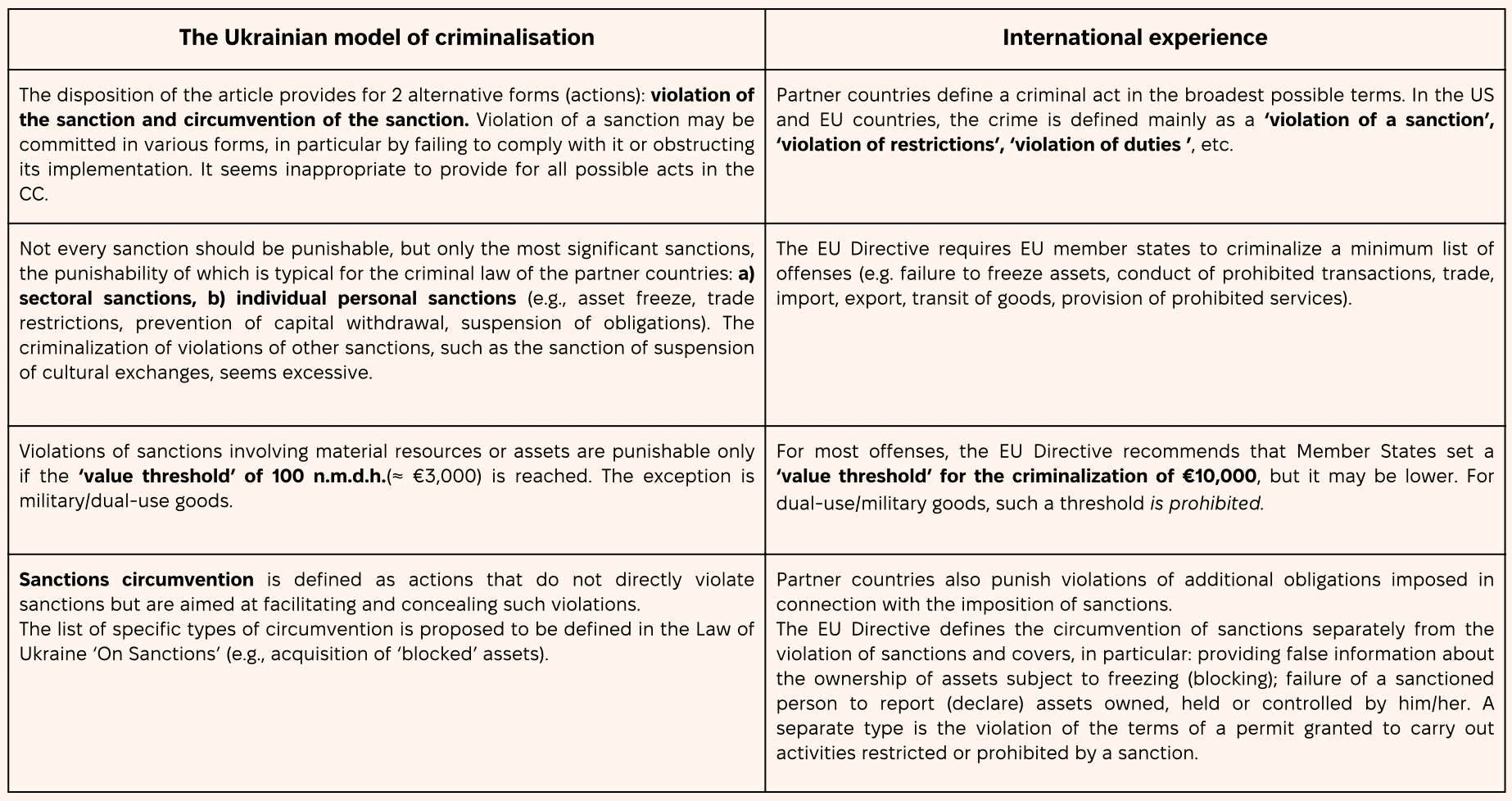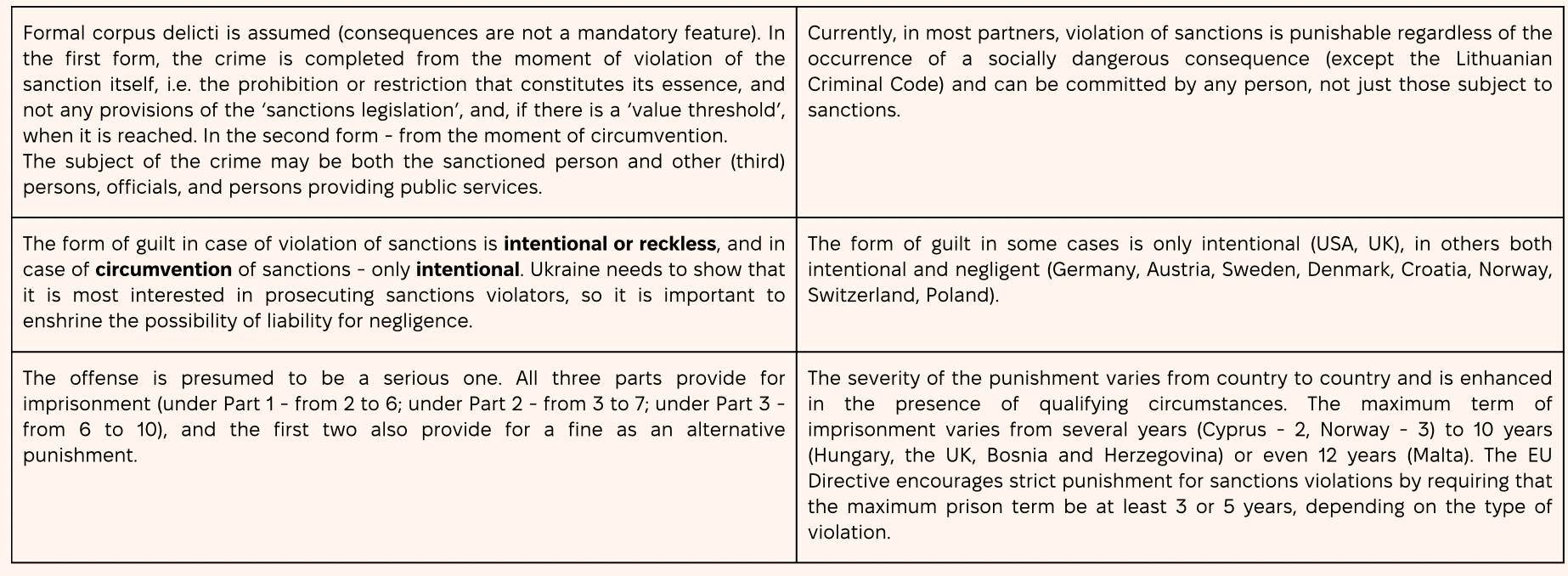>
Analytics>
Best approaches to criminal prosecution of sanctions violations: Ukrainian and international contextBest approaches to criminal prosecution of sanctions violations: Ukrainian and international context
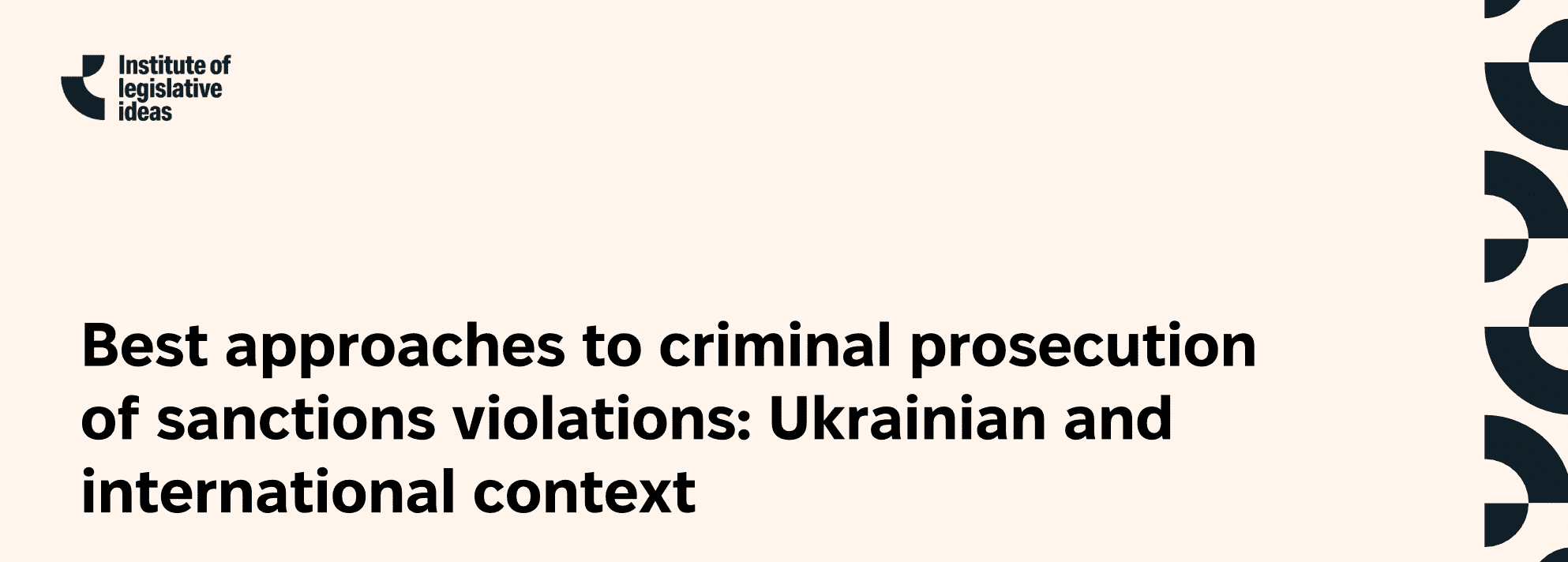
Analytics content
Related project:
“Improving sanctions policy”Introduction

Summary

The need to criminalize the violation and circumvention of sanctions in Ukraine is a long-standing issue. At the same time, our foreign partners are already effectively prosecuting sanctions violators and those who facilitate sanctions evasion through criminal law. Moreover, the latest EU sanctions packages are aimed at closing loopholes that allow sanctions to be circumvented and increasing liability for such actions, as evidenced by the adoption of EU Directive 2024/1226 in April 2024. ‘On the definition of criminal offenses and penalties for breaches of Union restrictive measures.
That is why, when developing the Ukrainian model of criminalisation of sanctions violations, the Working Group consisting of the NGO ‘Institute of Legislative Ideas’, the Ministry of Justice of Ukraine, the Office of the President of Ukraine, the SSU, the PGO, the Ministry of Internal Affairs, the Ministry of Economy, the NACP, the NBU, the NSSMC was guided by the best international practices and EU approaches, which Ukraine, due to its European integration processes, should implement in its legislation.
This document demonstrates the Working Group's comprehensive approach to criminalizing sanctions violations and strengthening Ukraine's sanctions policy in this area, as well as the relevant international experience taken into account by the law's drafters.
Chapter ІІ

Amendments to the Law of Ukraine ‘On Sanctions’ to introduce a licensing mechanism (issuance of permits for acts prohibited by sanctions)

The introduction of liability for violation of sanctions without providing an opportunity in an emergency or other justified cases to commit acts prohibited by these sanctions may violate the Constitution of Ukraine (Constitution) and human rights guaranteed by it and international treaties of Ukraine, which may give rise to appeals to international institutions (ECHR), carries significant reputational risks and contradicts the sanctions legislation of the EU and partner countries.
The mechanism of issuing licenses (permits) for actions prohibited by sanctions has already been tested in Ukraine's partner countries (EU, USA, UK, Canada, Switzerland, Norway, Japan, etc.). It prevents human rights violations, allows for humanitarian purposes, and generally makes sanctions policy flexible to various challenges (a well-known case in Estonia is when a license allowed Estonia to get rid of highly hazardous agrochemicals owned by a Russian oligarch without lifting sanctions). The partner countries issue both general and individual licenses at the request of both the sanctioned person and any third party or organization).
It is proposed to introduce this mechanism in Ukraine in stages, when a license (permit) can be obtained in exceptional cases, only about a personal sanction and only at the request of the sanctioned person or his/her representative. The Law proposes to define the general legal framework and to regulate all the details of the process at the subordinate level.
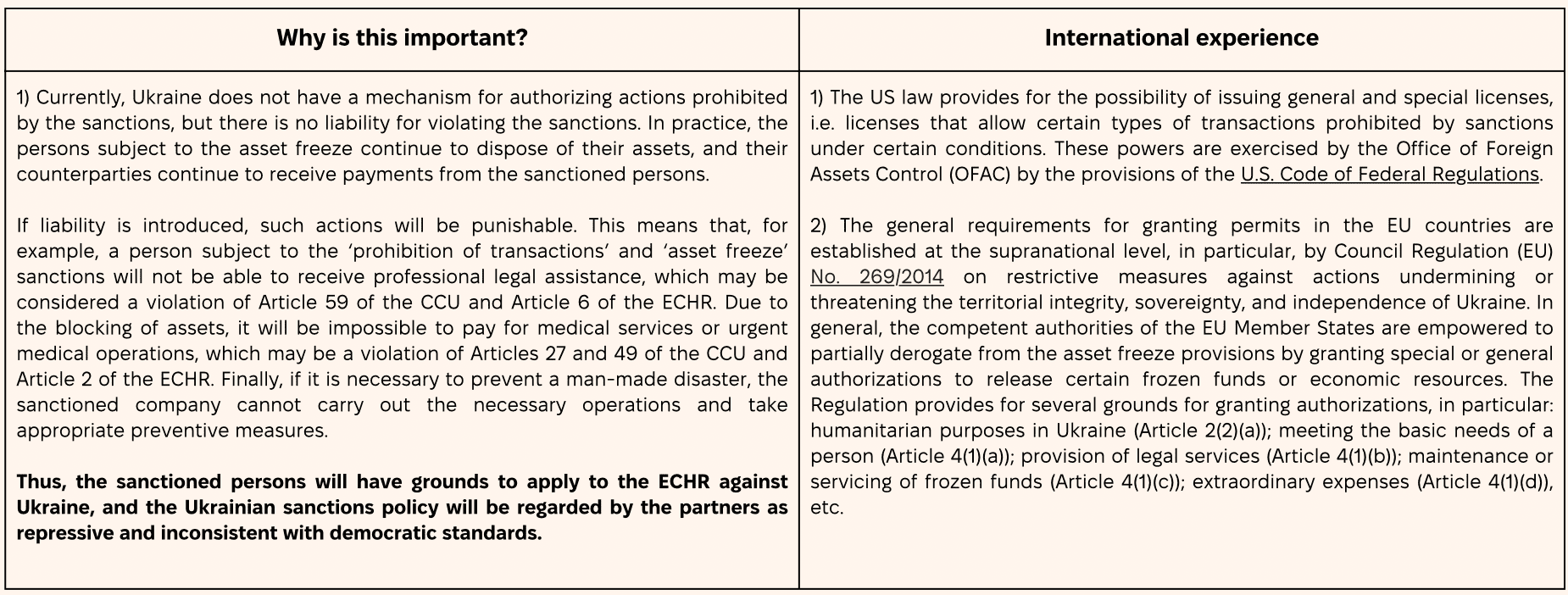
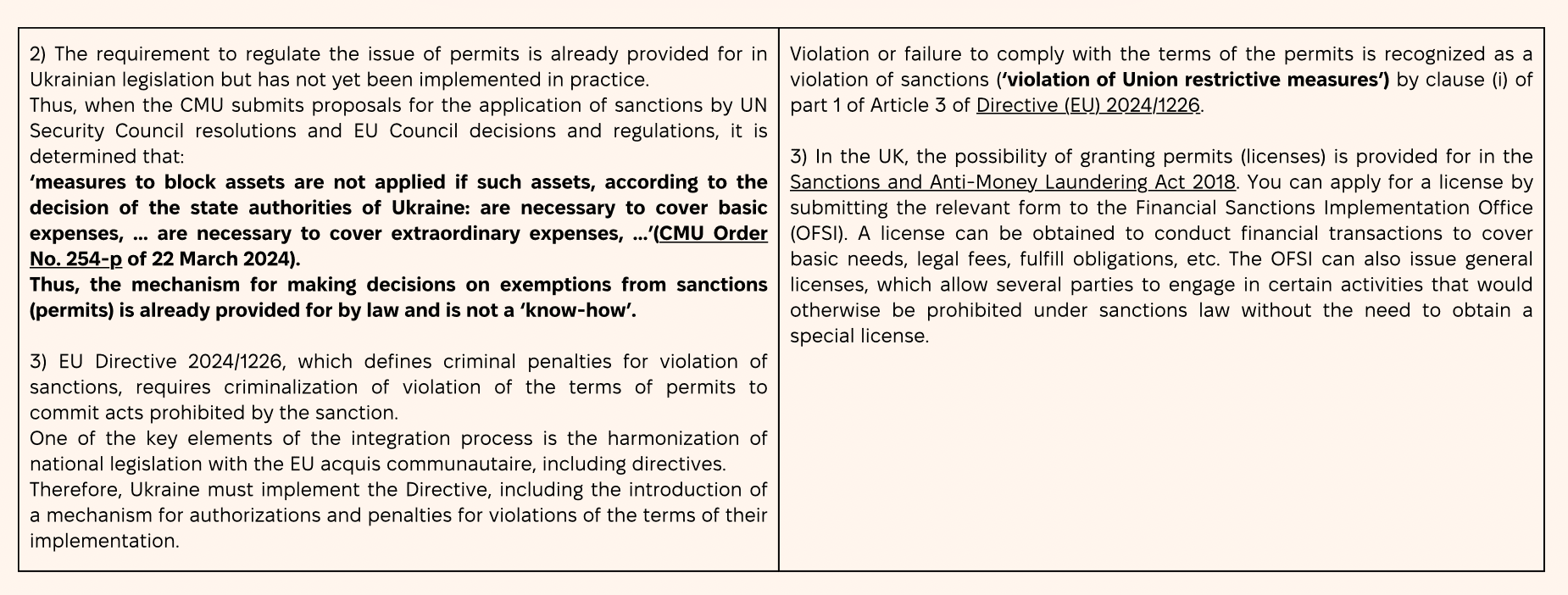
Сhapter III

Amendments to the Law of Ukraine ‘On Sanctions’ to introduce a mechanism for submitting information (declaration) on the assets of sanctioned persons

The introduction of a mechanism for declaring blocked assets and disclosing ownership structure is an effective tool to counter sanctions violations and monitor compliance with sanctions restrictions.
This tool is used by partner countries as an effective way to control and prevent sanctions violations. In most countries, the obligation to declare is imposed on sanctioned persons and any other persons or organizations that control or have knowledge of the sanctioned assets.
It is proposed to introduce this mechanism in Ukraine in stages. Only persons subject to the blocking sanction and legal entities with a sanctioned CBO in their ownership structure will be required to file declarations. All details will be regulated at the bylaw level.
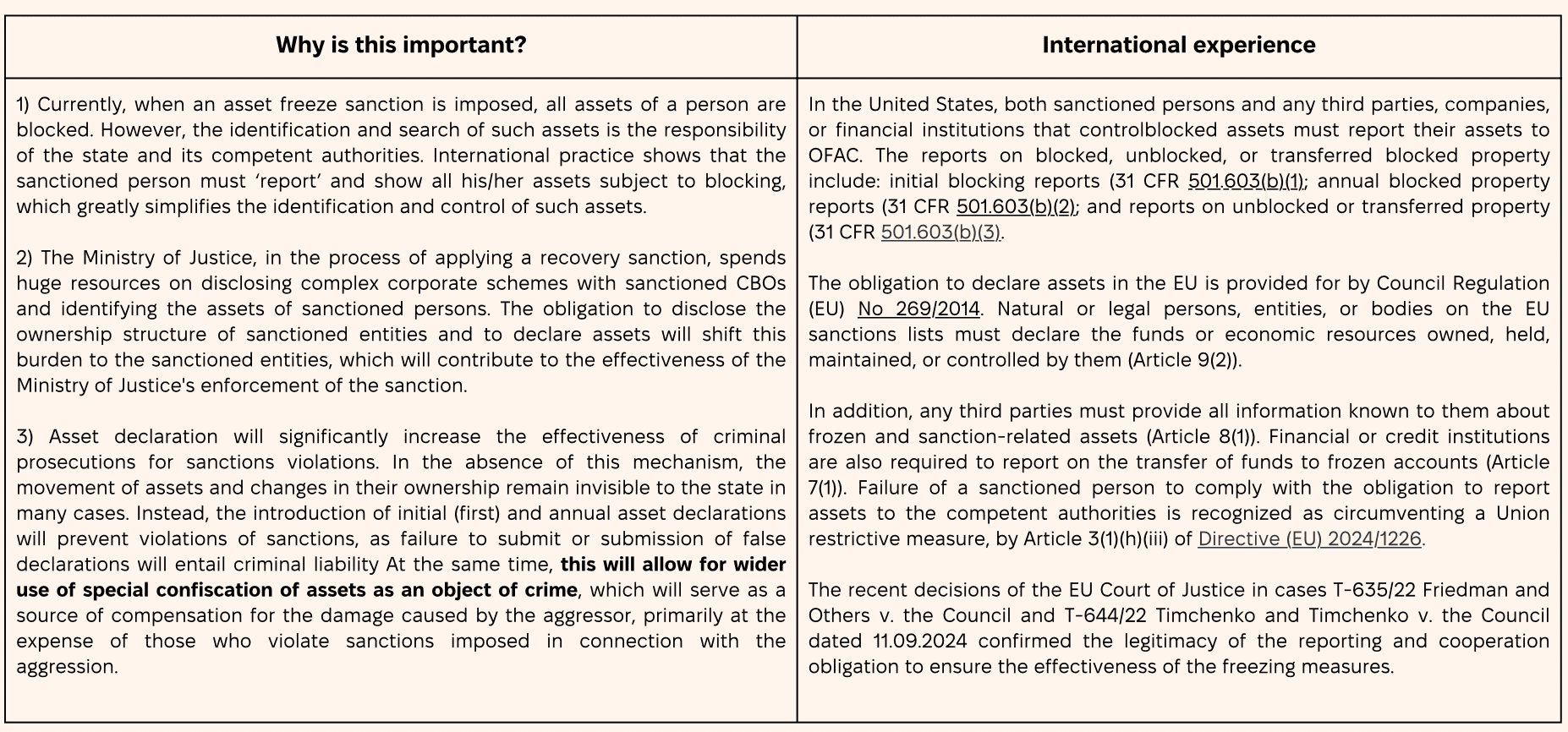
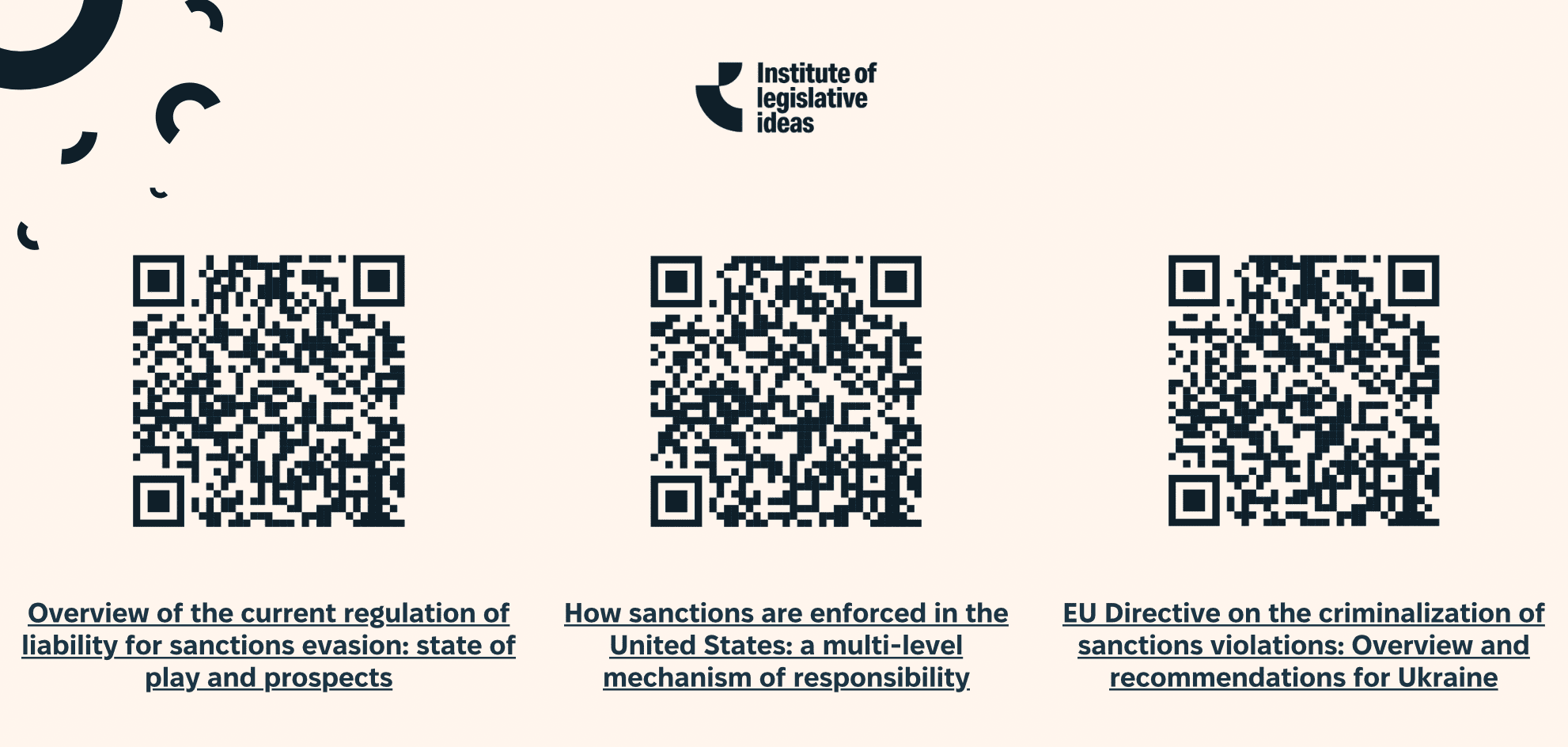
Related analytics
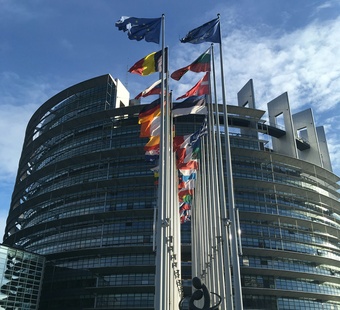
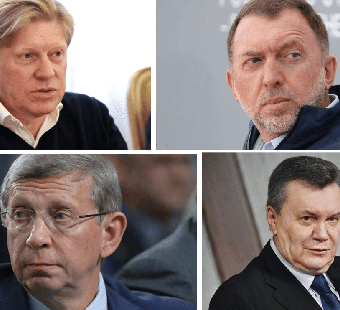
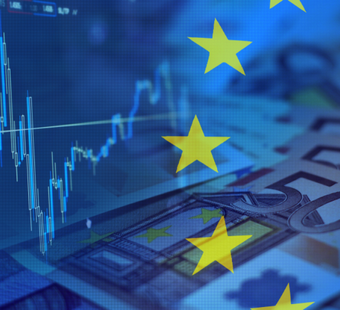

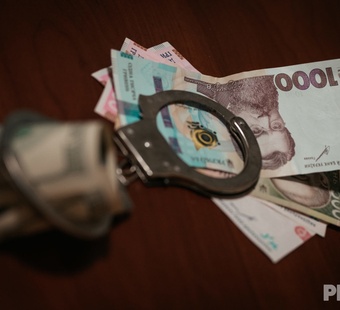
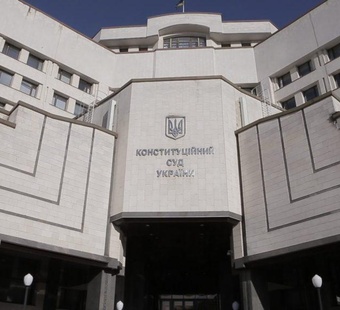
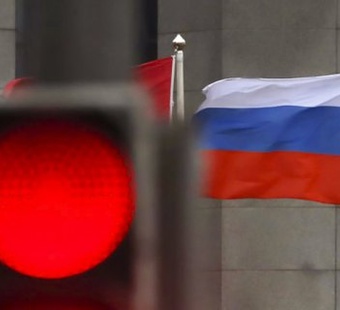
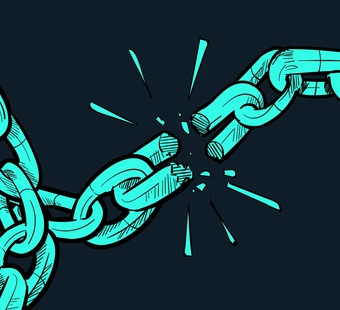
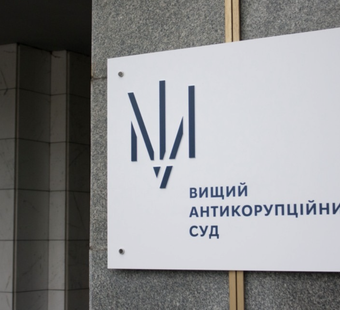
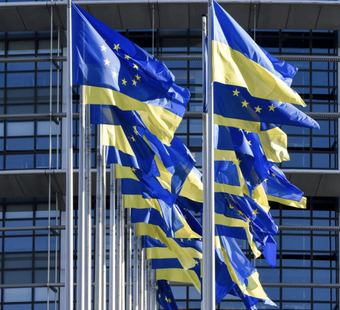


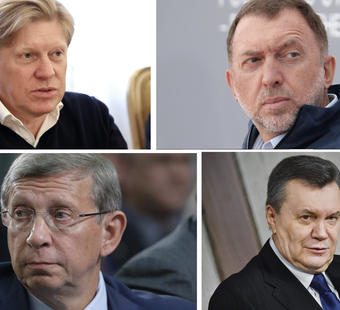
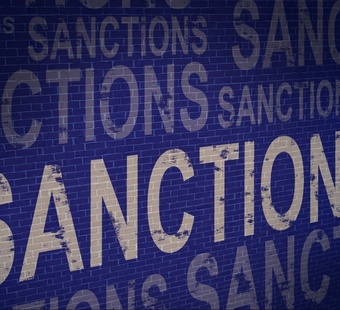

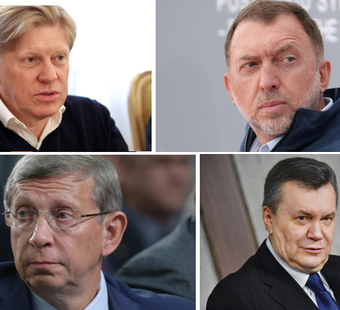
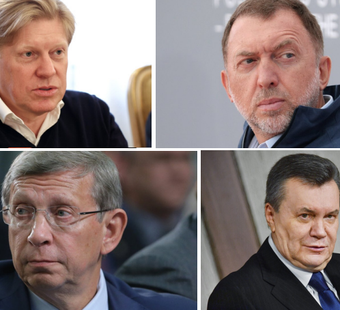

Authors:
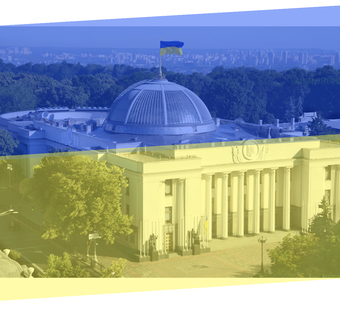
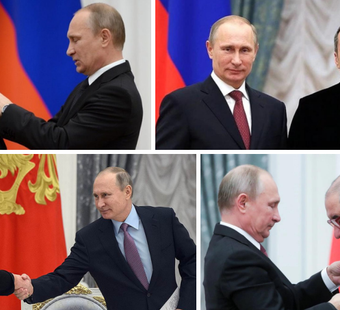

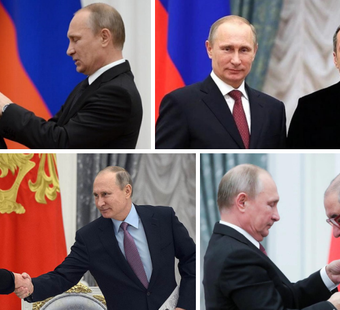
Related News
Reading time:
5 minutes
23 Dec. 2025
Reading time:
5 minutes
12 Dec. 2025
Reading time:
5 minutes
28 Nov. 2025
Reading time:
5 minutes
24 Nov. 2025
Reading time:
5 minutes
20 Nov. 2025
Reading time:
5 minutes
17 Nov. 2025
Reading time:
5 minutes
15 Nov. 2025
Reading time:
5 minutes
14 Nov. 2025
Reading time:
5 minutes
14 Nov. 2025
Reading time:
5 minutes
27 Oct. 2025
Reading time:
5 minutes
24 Oct. 2025
Reading time:
5 minutes
13 Oct. 2025
Reading time:
5 minutes
12 Sept. 2025
Reading time:
5 minutes
12 Sept. 2025
Reading time:
5 minutes
2 Sept. 2025
Reading time:
5 minutes
25 July 2025
Reading time:
5 minutes
3 July 2025
Reading time:
5 minutes
19 June 2025
Reading time:
5 minutes
10 June 2025
Reading time:
5 minutes
6 June 2025
Reading time:
5 minutes
27 May 2025
Reading time:
5 minutes
13 May 2025
Reading time:
6 minutes
13 May 2025
Reading time:
5 minutes
13 May 2025
Reading time:
6 minutes
23 Jan. 2025
Reading time:
5 minutes
14 Jan. 2025
Reading time:
7 minutes
12 Dec. 2024
Reading time:
4 minutes
7 Nov. 2024







